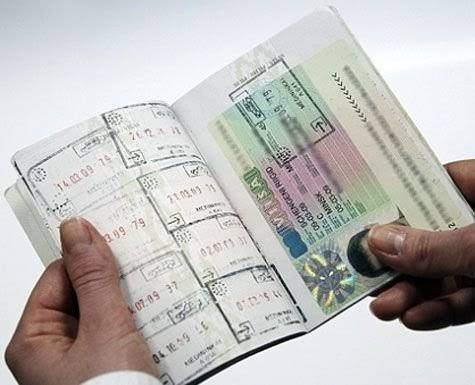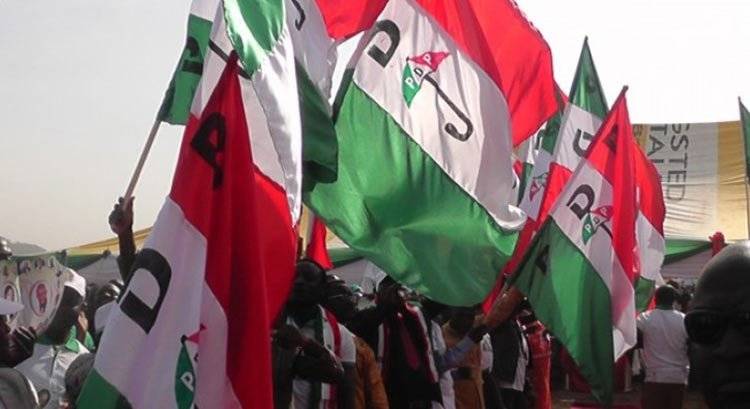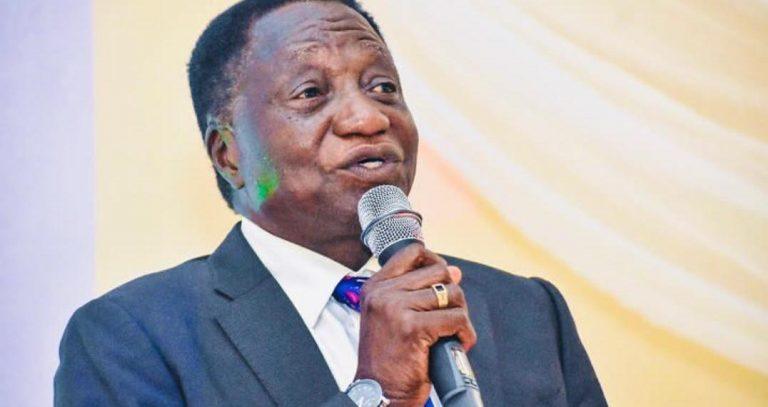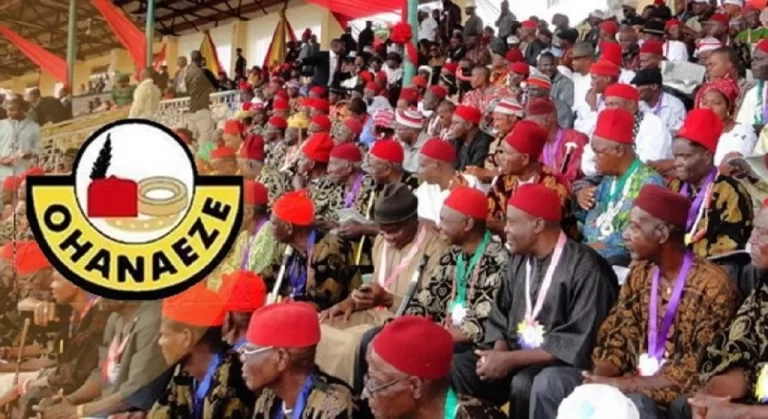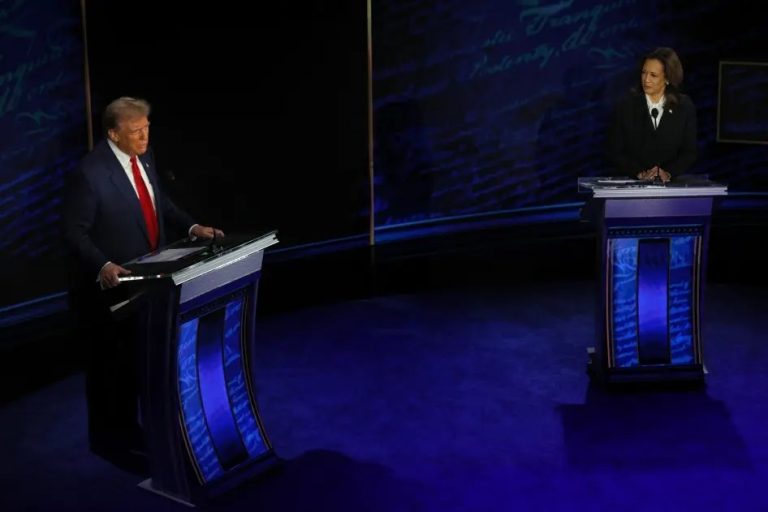US visa application process for Nigerians now includes 5 years of social media disclosure
The US mission in Nigeria has announced that all non-immigrant visa applicants are now required to provide details of their social media accounts from the past five years.
This significant update mandates that applicants disclose their usernames or handles for every platform they have utilized during that timeframe.
In a statement released on Monday, the embassy noted, “Visa applicants are required to list all social media usernames or handles of every platform they have used from the last 5 years on the DS-160 visa application form.”
The statement further emphasized the importance of accuracy, stating that applicants must certify the truthfulness of the information provided upon submission.
The embassy warned that failure to include social media information could result in visa denial and future ineligibility. The DS-160 form is required for most non-immigrant visa applications, which commonly include categories such as temporary visitors for business (B-1), tourism (B-2), students (F and M visas), and temporary workers (H visas, including H-1B for specialty occupations).
This policy is part of a broader initiative to enhance national security, building on previous actions that required international student applicants to make their social media accounts public for vetting purposes.
These measures followed a series of restrictions introduced during the Trump administration, aimed at tightening the application process for individuals perceived as potentially harmful to national interests.
While the US government asserts that these requirements strengthen national security, they have sparked discussions about the implications for free speech. Notably, Secretary of State Marco Rubio stated in May that the US would impose visa restrictions on foreign nationals who censor American citizens on social media.
Richard Mills, the US ambassador to Nigeria, addressed concerns earlier this month, stating that the recent visa policy changes are not intended to punish applicants but to improve security and enhance service delivery.
Source: TheCable

